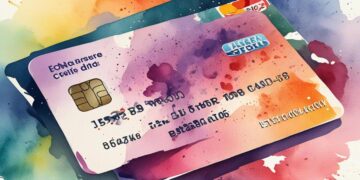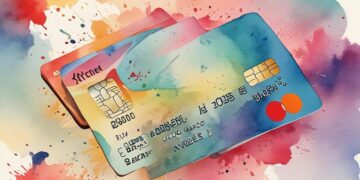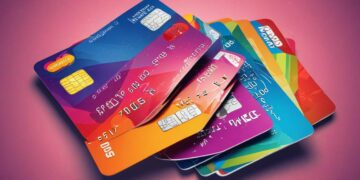
Difference between fixed income and variable income for beginner investors
This article explores the key differences between fixed income and variable income investments. Fixed income offers stability and predictable returns, while variable income presents opportunities for higher returns but with increased risk. Understanding both types is crucial for beginners to build a balanced investment portfolio aligned with their financial goals.

Complete guide for beginners in low-risk investments
This guide offers beginners a clear understanding of low-risk investments, highlighting government bonds, fixed deposits, and index funds. It emphasizes diversification, risk assessment, and setting financial goals to build a balanced portfolio, fostering confidence and security in one’s financial journey.

How to Understand Your Bank Statement and Avoid Hidden Fees
Understanding your bank statement is crucial for effective financial management. By familiarizing yourself with banking terminology, regularly reviewing transactions, and identifying recurring charges, you can avoid hidden fees and make informed decisions. This proactive approach empowers better spending habits and enhances your overall financial health.

How to negotiate accumulated credit card debt
Many individuals face overwhelming accumulated credit card debt, but negotiating with creditors can provide a fresh financial start. By understanding your debt, exploring options, and employing effective communication strategies, you can secure lower interest rates, manageable payment plans, or even debt settlements, leading to a more stable financial future.

Common mistakes in using a credit card and how to avoid them
Credit cards can enhance financial health but often lead to common pitfalls like overspending, missed payments, and neglected rewards. Understanding these errors and implementing smart management practices, such as budgeting and monitoring statements, can help consumers maximize benefits while avoiding unnecessary debt and protecting their credit score.

How to safely increase your credit card limit
Increasing your credit card limit can enhance financial flexibility and improve your credit score. However, it requires careful assessment of your needs, spending habits, and financial situation. By preparing effectively and following strategic steps, you can responsibly make your request while minimizing potential risks to your credit health.

Advantages and disadvantages of no-annual-fee credit cards
No-annual-fee credit cards offer savings and flexibility, making them appealing for infrequent users. However, they may come with higher interest rates, limited rewards, and potential hidden fees. Evaluating personal financial habits is essential to determine if these cards align with your spending needs.

Strategies to Use a Credit Card Without Accumulating Debt
Effective credit card management is key to avoiding debt. By paying your balance in full, creating a budget, and limiting spending, you can enjoy the benefits of credit cards responsibly. Regular monitoring and utilizing alerts will further enhance your financial wellbeing and ensure a secure financial future.

Practical tips to get out of credit card revolving debt
This article offers practical strategies for overcoming credit card revolving debt, emphasizing budgeting, debt prioritization, and effective repayment plans. It discusses methods like balance transfers and negotiation with credit issuers, while encouraging increased income and expense tracking to achieve financial stability and freedom.

How to choose a credit card with cashback and low interest rates
Making informed credit card choices can enhance your financial health. Prioritize cashback rewards and low interest rates while evaluating fees to maximize benefits. Assess your spending habits to find a card that aligns with your lifestyle, ensuring clear terms and conditions for optimal returns on your purchases.